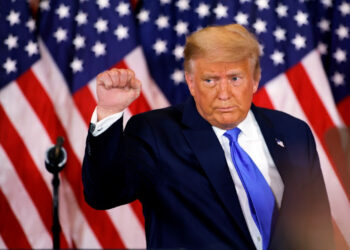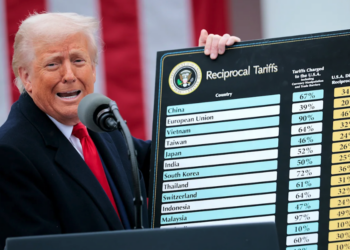Owing to the increased tensions over China’s move to control Hong Kong’s citizens with the passage of security laws, the U.S dollar closed lower at the last trading session of the week. Investors’ sentiments appear to have been dissuaded, as the world remains hopeful about the speedy recovery of the global economy.
The U.S. Dollar Index that tracks the American dollar against a bouquet of other major currencies (like the Japanese yen, British pound sterling, Swedish Krona, Euro), closed 0.10% lower to trade at 98.275 after global investors retreated from the safe-haven asset.
READ MORE: FG to give new Executive Orders to tackle international fraud
What it means for Nigerians: Nigerians hoping to meet foreign exchange payment obligations, via dollar transactions to countries like Europe, and Japan, will need to pay more dollars to fulfil such transactions.
The head of global market research at MUFG Bank in Tokyo, Minori Uchida, explained that “At the moment, hopes for economic recovery are strong, but I expect this to gradually fade to increased concern about the U.S.-China relationship.
READ ALSO: Global oil market to re-balance in 2 months’ time
“When that happens, there will be more risk-off trades, which support the buying of both the dollar and the yen,” Uchida added.
In addition, the U.S dollar’s bullish upside has been capped in recent days as global investors continue to track the U.S.-China relationship. Tensions between the two most powerful world economies aggravated even more last week after China enacted national security laws for Hong Kong.
“The question is how far Trump will go at today’s press conference, as removing Hong Kong’s favoured status would probably spark negative market developments, hitting global risk sentiment,” analysts at Danske Bank reported in a research note to clients.























